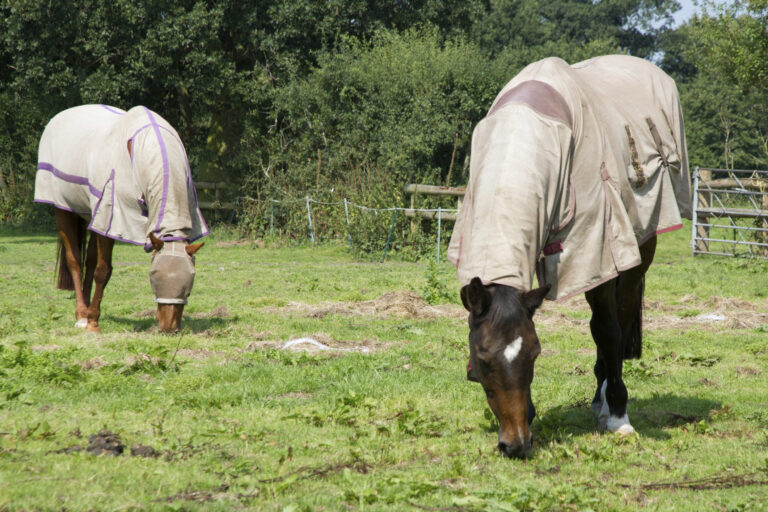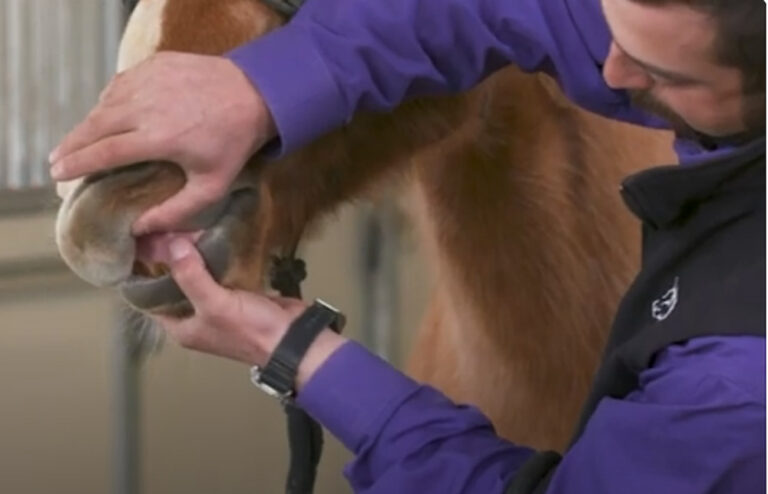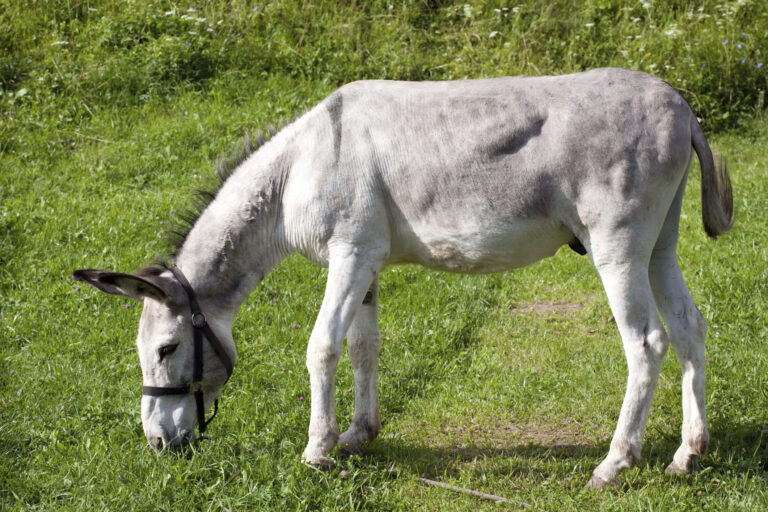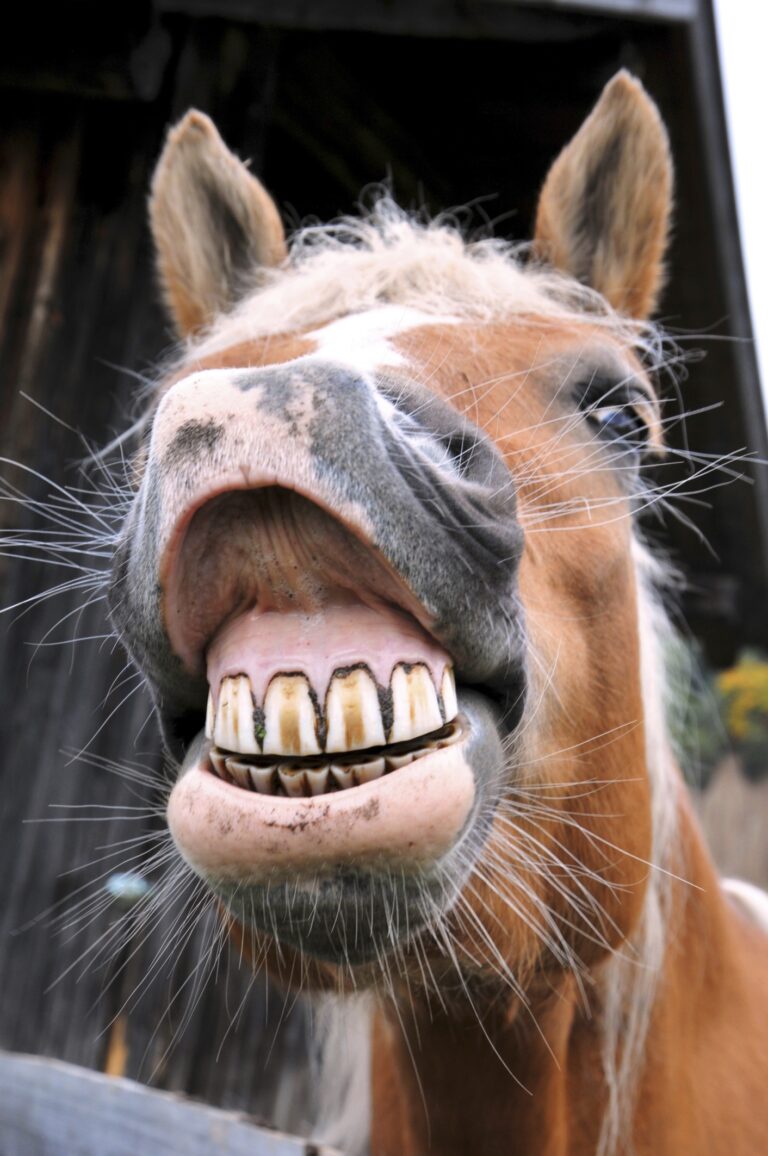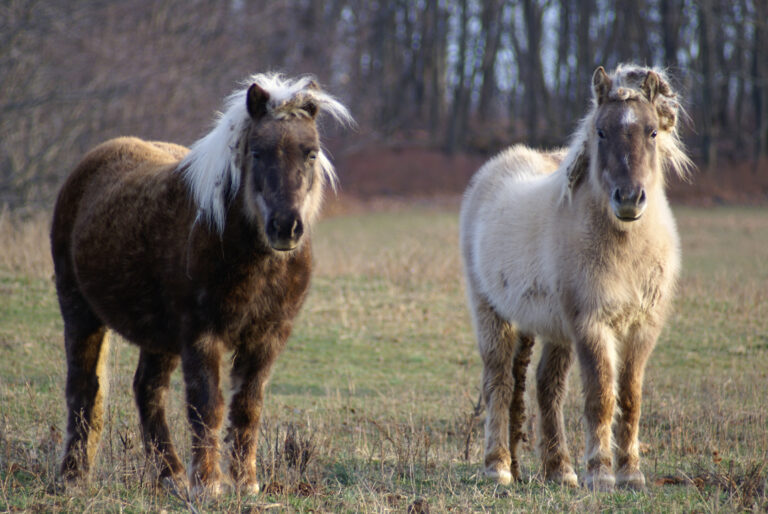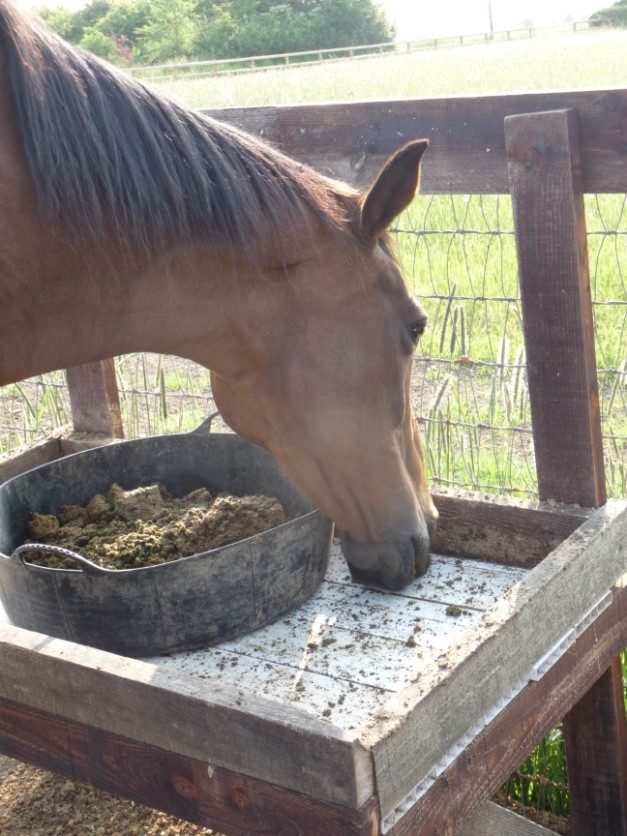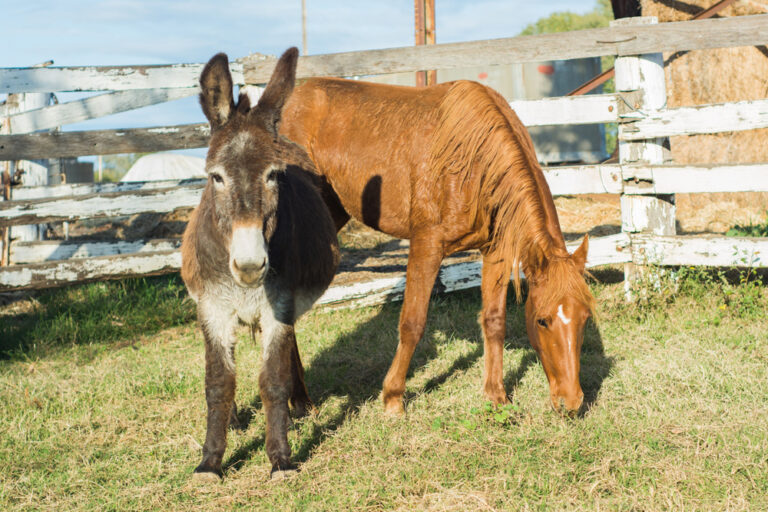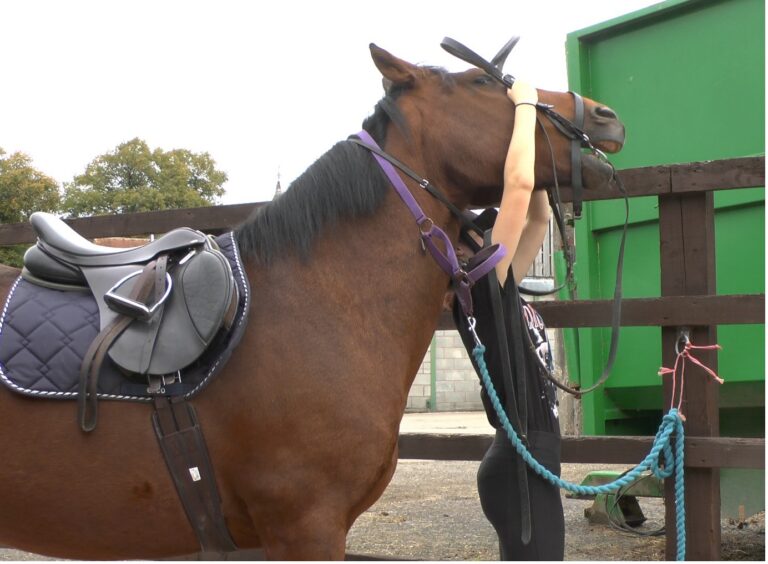Water management on horse properties is important for many reasons. One is to avoid mud. Another is that insects such as mosquitoes thrive in stagnant water. That makes ditches and areas with standing water prime breeding locations.
This article provides you with some tips on controlling the environment in order to control insect populations on your horse property.
Insect Management
If you are diligent about picking up manure and soiled bedding every day and composting it away from the barn, you can significantly cut down on fly populations. Heat in a properly maintained compost pile kills insect eggs and larvae.
You also should ensure that there nothing around the property that holds water. This can include flower pots, buckets, old tires, discarded soda cans, or unused bowls. This enables you to minimize mosquito habitat.
Don’t forget to clean gutters so they don’t collect water. Check tarps or covers on the grill, woodpile, or swimming pool for areas that trap water. This type of insect management will cut down on breeding areas.
Avoid overfilling water tanks so you don’t make puddles. Use gravel and slightly sloping ground to improve drainage around tanks.
Be liberal with your weed whacker to remove tall grasses where insects like to breed. Daily trash removal also eliminates fly attractants and breeding areas for mosquitoes.
Standing Water
Ponds and ditches are additional magnets for insect breeding, especially if water is stagnant and organic material collects around the edges.
To deter pond breeding of mosquitoes, blackflies, and midges, use environmentally friendly granules or briquettes that contain soil bacteria called Bacillus thuringiensis sub. israelensis (BTI) or Bacillus sphaericus (BS). BTI is non-toxic to other aquatic life. Weekly application of BTI or BS to standing bodies of water should continue until the first killing frost.
Dragonflies living around your pond are an advantage as they consume mosquito larvae and adults.
Final Words
Don’t forget your horses are also insect attractants. Flies, for example, love horse wounds. Therefore, proper wound management minimizes this attractant. Clean wounds well as soon as you notice them. It might be prudent to cover wounds during insect season.
With some common sense and good stable management practices, you can eliminate many attractive breeding sites for insects. This helps reduce insect populations over time.
Further Reading
- 6 Tips to Decoding a Fly Spray Label. MySeniorHorse.com
- Equine Insect Repellents for Horses. Dr. Nancy Loving. MySeniorHorse.com
- Horse ‘Toys’ for Environmental Enrichment. Kimberly S. Brown. MySeniorHorse.com
-
Nancy S. Loving, DVM, was a performance horse horse veterinarian based in Colorado for most of her career. She has a special interest in helping horse owners understand technical veterinary topics and research.View all posts


